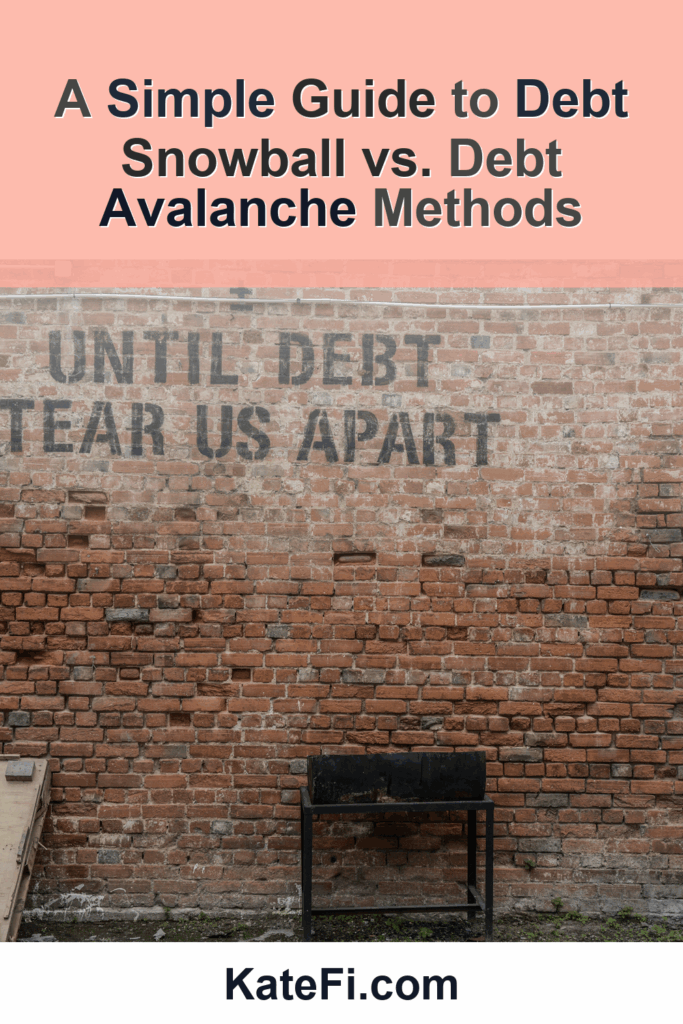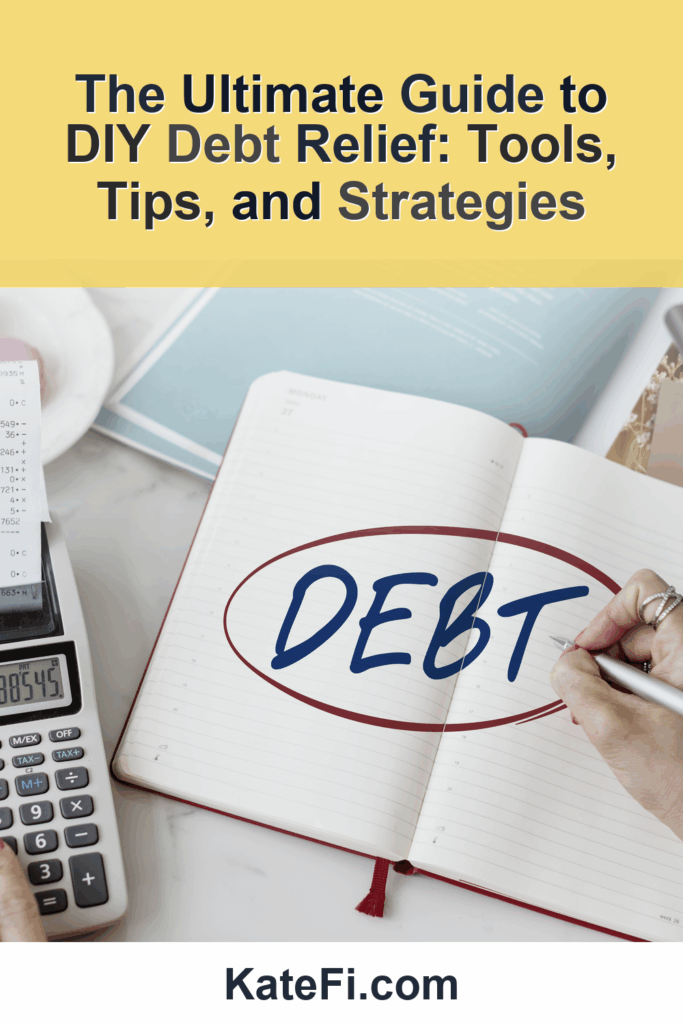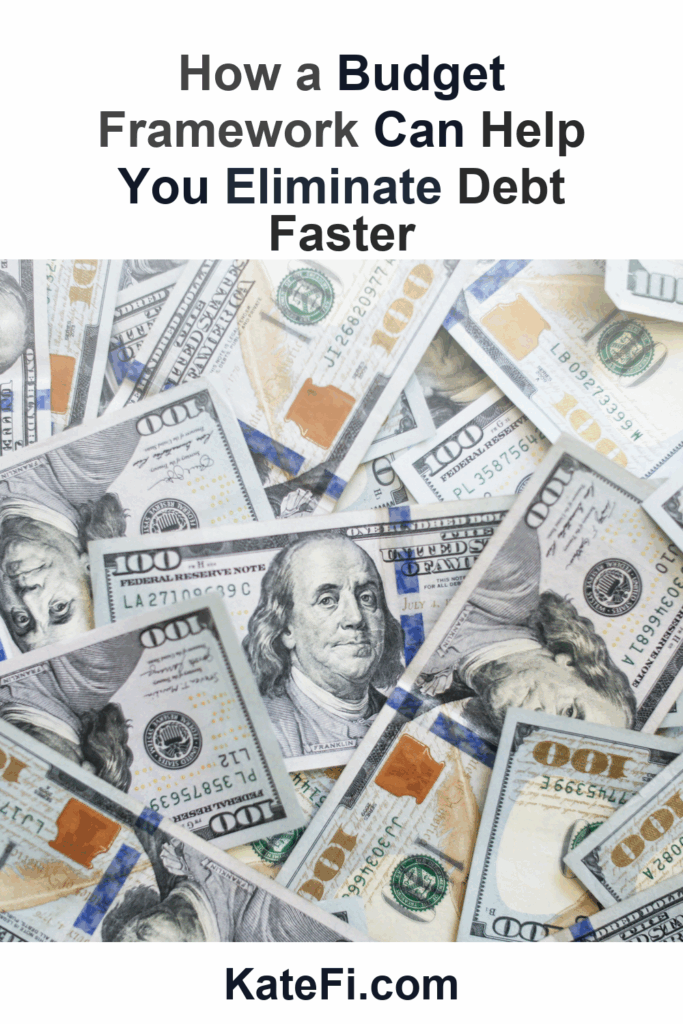Understand pros/cons of settlement vs consolidation vs DMP for your exact mix of debts.
Love our content? Show your support by following us — pretty please!🥺
FOLLOW ON PINTEREST
Hi! I’m Kate, the face behind KateFi.com—a blog all about making life easier and more affordable.
Not available in IL, KS, OR, TN, UT, WV.
8 Financial Planning Tips to Manage Debt and Boost Your Savings
Managing debt can feel like a never-ending cycle, and the pressures of financial obligations often leave little room for saving. However, with the right strategies in place, you can not only tackle your debts but also set aside money for future goals. Below, we’ll explore eight essential financial planning tips, answer your most pressing questions, and highlight how to avoid common debt-relief scams along the way.
1. What are the first steps to take if I’m struggling with debt?
When you find yourself in debt, the first step is to assess your financial situation thoroughly. Create a budget that includes all your income and expenses to identify where your money is going. List out all your debts, including interest rates and minimum payments. From there, consider reaching out for a free consultation to review your options. Knowing your total debt amount and understanding your monthly budget can help create a clearer picture of your financial health.
2. How can I differentiate between legitimate and scammy debt-relief services?
Unfortunately, the debt-relief industry can be rife with scams. Legitimate services typically offer free consultations, are transparent about fees, and avoid making unrealistic promises. Here are some red flags to watch out for:
- High upfront fees: If they ask for significant fees before any service is rendered, it’s a warning sign.
- Guarantees of results: Legitimate companies do not guarantee results due to the individual nature of financial circumstances.
- Pressure tactics: If a company rushes you into making a decision, walk away.
To ensure you’re working with a reputable organization, always verify their credentials and read reviews. For additional peace of mind, consider getting a free consultation with a trusted service.
3. What kind of debt repayment plans should I consider?
There are several popular methods for paying down debt:
- Snowball Method: Focus on paying off your smallest debts first to gain momentum.
- Avalanche Method: Prioritize debts with the highest interest rates to save money on interest over time.
- Debt Consolidation: Combine multiple debts into a single loan with a lower interest rate.
Ultimately, the best method depends on your personal financial situation. Consulting with a professional can help tailor a plan that works for you, so don’t hesitate to schedule a free consultation today.
4. Should I file for bankruptcy?
Filing for bankruptcy is a significant decision that can have lasting effects on your credit and financial future. It may provide relief from debts and stop creditor actions, but it can also remain on your credit report for up to ten years. Consider the following before proceeding:
- Explore other options: Ensure you have exhausted all other possibilities like debt negotiation or repayment plans.
- Impact on assets: Understand that some assets may be liquidated to pay creditors.
- Consult a professional: Discussing your options with a debt relief consultant can provide clarity.
Consider getting a free consultation to determine if bankruptcy is the right route for you.
5. What documents do I need to gather for a debt relief consultation?
To make the most of your consultation and ensure a thorough review of your situation, gather the following documents:
- Income statements: Pay stubs, tax returns, or any additional sources of income.
- Monthly expenses: Utility bills, rent/mortgage statements, and other recurring costs.
- Debt information: Statements for all your debts, including credit cards, loans, and collections.
Having these documents ready will allow for a more effective discussion about your financial health and debt-relief options.
6. How does debt relief impact my credit score?
Debt relief can affect your credit score, but the extent depends on the type of relief you pursue. For instance:
- Debt settlement: While this may reduce your overall debt, it can have a negative impact on your credit score as settled debts may appear as “paid less than owed.”
- Debt consolidation: If you continue to make timely payments on the new loan, it can improve your score over time.
- Bankruptcy: This will severely impact your credit score and remain on your report for several years.
It’s essential to weigh these effects against the relief you’re seeking. A professional consultation can help you understand the potential impact on your credit and help you choose the best path forward. Don’t forget to get a free consultation.
7. What are some budgeting tips to increase my savings while managing debt?
Creating a sustainable budget can help you pay off debt while saving money. Here are some actionable tips:
- Automate savings: Set up automatic transfers to your savings account when you receive your paycheck.
- Track expenses: Use budgeting apps to monitor your spending and find areas to cut back.
- Create an emergency fund: Even a small amount set aside monthly can help prevent further debt in emergencies.
Implementing these strategies will allow you to balance debt management with savings effectively. For personalized strategies, consider getting a free consultation.
8. How can I build a sustainable financial future?
Building a sustainable financial future begins with smart planning and consistent practices:
- Educate yourself: Stay informed about financial literacy through courses or books.
- Establish financial goals: Identify short-term and long-term goals and adjust your budget accordingly.
- Regularly review your finances: Assess your budget, expenses, and savings quarterly to make necessary adjustments.
By adhering to these principles and consulting with professionals when needed, you can establish a more secure financial future. Make sure to explore options with a free consultation.
Conclusion
Tackling debt and boosting savings is possible with effective planning and the right resources. Remember, while managing debt, avoiding scams is crucial, and it’s essential to choose reputable services that provide transparency and genuine support. By applying the tips outlined in this article, you’re one step closer to achieving financial freedom.
Important: This content is for education only—not legal, tax, or financial advice. Results and eligible programs vary by situation and state. Fees apply if you enroll and complete a program. Debt relief can affect credit; missed payments may lead to collections/lawsuits. Not available in IL, KS, OR, TN, UT, WV.
✅ See If You Qualify for Debt Relief
By implementing these strategies, gathering the right documents, and consulting with financial experts, you’re better positioned to manage debt effectively while also paving the way for a brighter financial future.
👉 Start Your Free Debt Relief Review
Not available in IL, KS, OR, TN, UT, WV.
Lower Your Unsecured Debt
If you have $5,000+ in credit card or personal loan debt, a free consult can review options like settlement or hardship plans.
- One-on-one call to review your debts and goals
- See potential monthly payment reductions
- No obligation to enroll
Not available in IL, KS, OR, TN, UT, WV.
What You’ll Learn on the Call
- Estimated timeline and monthly payment range
- How credit may be affected in the short term
- What documents to gather to move faster
Not available in IL, KS, OR, TN, UT, WV.






















